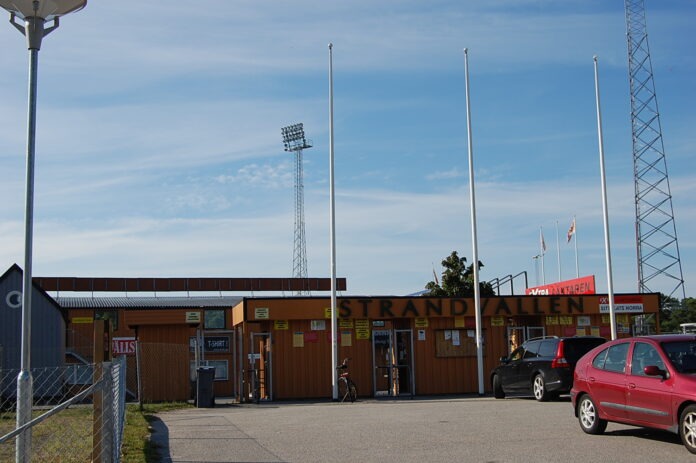But in a quiet, rainy corner of Sweden, a handful of people came together just to keep their club alive. They saw football not as a source of profit, but as a shared belief. Their budget is small, but their conscience is enormous. They learned not just to win, but to deserve winning.
Club president Magnus Emeus says: “We didn’t come here to manage the club, we came to serve it.”
Such a simple sentence, isn’t it? But if someone said that here, people would laugh. Because here, an executive performs not for the stands, but for the cameras. Here, success is measured not by how many trophies you won, but by how many contracts you secured.
What Mjällby achieved is not just a championship. It’s a reminder. A reminder that football can still be a product of effort, honesty, and planning. That somewhere out there, the soul of the game still lives on.
And look — after that championship match, the fans didn’t storm the pitch, break seats, or light flares. They just cried. Out of joy because their faith had been rewarded. Because they knew: this success didn’t come from anyone’s pocket… it came from a community’s sweat and devotion.
If you truly love football and play it with good intentions, the game itself will reward you in the long run.
Sweden’s little Mjällby taught a lesson to our grand leagues, our million-dollar budgets, our giant stadiums, our glittering “vision” presentations:
“If you truly love football and play it with good intentions, the game itself will reward you in the long run.”
But of course… no one here would understand that because here, everyone believes success is measured only in money.
So, where is this town? Who are these people?
“For us, football is a way of life. It wasn’t money, but faith that brought us here.”
Mjällby is a tiny place in southen Sweden, near the town of Sölvesborg in the Blekinge region. Its population? Only 3,000. That’s about the size of an apartment complex in Istanbul. But these 3,000 people have kept their club alive for generations, like breathing.
The club was founded in 1939 by a group of fishermen and carpenters. Its colors, yellow and black, symbolize the hope of the sun and the toil of labor. They play their matches in the nearby city’s small Strandvallen Stadium, which holds just 7,000 people — but it’s packed every single game. There are no businessmen, no politicians, no profiteers in their management. Only local people who believe in belonging to a club.
Their budget is at least ten times smaller than that of Sweden’s giants like Malmö. But their squad is built on mutual belief. Coach Anders Torstensson has been with the club for ten years. He didn’t leave, didn’t run away — he endured. In other words, he wasn’t fired!
President Magnus Emeus says again: “For us, football is a way of life. It wasn’t money, but faith that brought us here.”
And yes… The yellow-and-black boys of this small town have now humbled all of Sweden. They didn’t buy their championship — they earned it. They may have lifted the biggest trophy in their history, but more importantly, they held up a mirror to the conscience of the football world.
The Mjällby miracle is just a reminder: Football can still be beautiful as long as it’s driven not by profit, but by belief.

